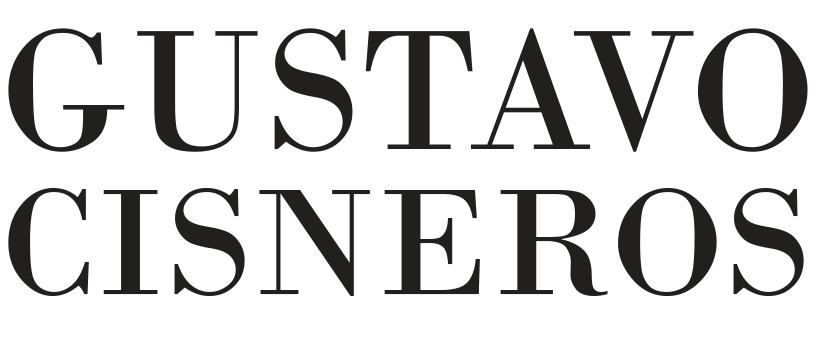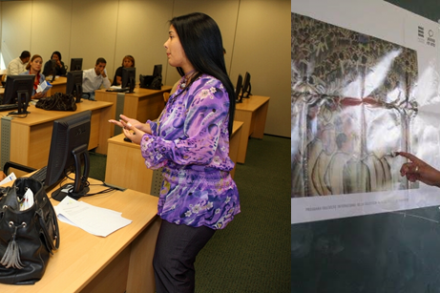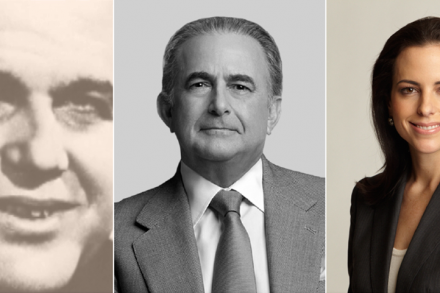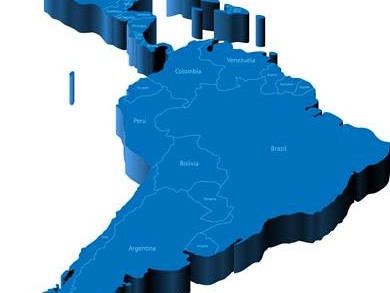Although the concept of Corporate Social Responsibility (CSR) is relatively new, for The Cisneros Group of Companies it is a vision and a family value that has been part of our business plan from the beginning: social commitment and successful business practices go hand in hand.
Giving back to society is a value that my father, Diego Cisneros, our founder, bequeathed us, and it has become a highly effective philosophy of the Group. Each new enterprise undertaken is developed along with Corporate Social Responsibility initiatives focused on boosting the development of the nations in which we are present.
The CSR respects values, communities and the environment, a philosophy that permeates the spirit of companies and guides their behavior, allowing them not only to properly position their image, but also to obtain a social license in order to operate in communities where they are present, propelling real change in them, thus maximizing business strategies.
For us at The Cisneros Group of Companies, education and the promotion of culture are powerful catalysts for progress and well-being in communities; therefore we have concentrated significant efforts on initiatives aimed at overcoming inequality and facilitating access to education, thus contributing to the formation of better citizens.
In the seventies, my wife Patricia and I set up the Fundación Cisneros in order to encourage the creation of social capital in Latin America, based on education and cultural programs such as: cl@se, Actualización de Maestros en Educación (AME), The Colección Patricia Phelps de Cisneros and Piensa en arte/Think Art.
These programs and their excellent results have become one of the best letters of presentation for The Cisneros Group of Companies and have allowed it to become a point of reference with regard to Corporate Social Responsibility strategies.
I am convinced that private initiative needs to be a catalyst that detonates the potential of future leaders of Latin America and, for this reason, Corporate Social Responsibility activities need to be designed hand in hand r with business strategies, allowing us to generate real value for the communities where we operate.
I invite you to find out more about the activities of the Fundación Cisneros:









